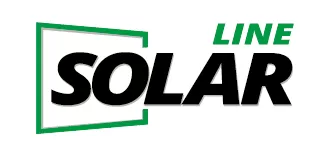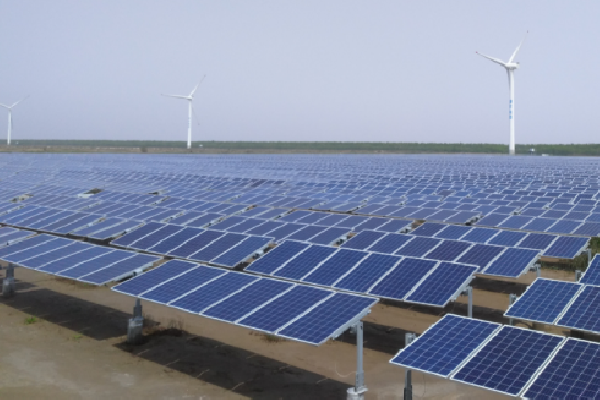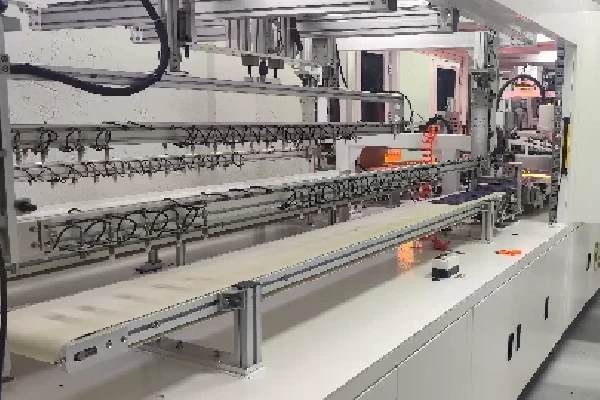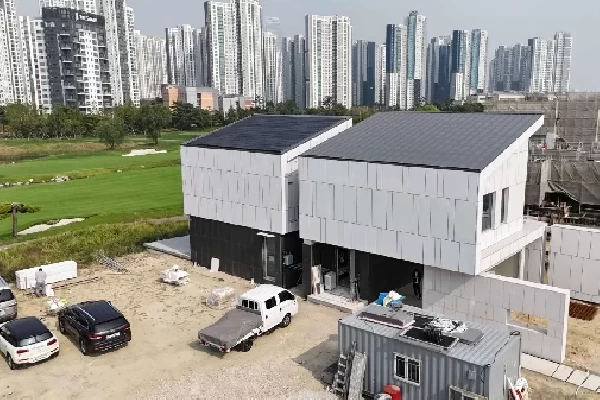Advantages and disadvantages of thin-film solar cells
Advantages and disadvantages of thin-film solar cells
Thin-film solar cells are widely used in photovoltaic agricultural greenhouses and photovoltaic facilities that require light transmission. Do you know what are the advantages and disadvantages of thin-film solar cells? How many years does this thin-film solar panel last?
At present, the existing thin-film solar cells mainly include: cadmium telluride thin-film solar cells, copper indium gallium selenide thin-film solar cells, and amorphous silicon thin-film solar cells.
1. Advantages of thin-film solar cells
(1) The value of sunlight with high absorption rate.
GaAs belongs to III-V compound semiconductor materials, and its energy gap is 1.4eV, which is just the value of high absorption rate sunlight, which is more suitable for matching with the solar spectrum.
(2) High temperature resistance.
Under the condition of 250 °C, the photoelectric conversion performance is still very good, and its highest photoelectric conversion efficiency is about 30%, which is especially suitable for high-temperature concentrating thin film solar cells.
(3) Lower cost.
Using silicon wafers as substrates, the heteroepitaxial method of MOCVD technology is a promising method to reduce the cost of GaAs cells.

2. Disadvantages of thin-film solar cells
(1) Easy deliquescent.
The growth mechanism of thin-film solar cells determines that thin-film solar cells are prone to deliquescent, so the water resistance of fluorine-containing materials required to encapsulate thin-film solar cells is about 9 times stronger than that of crystalline silicon cells.
(2) Photoinduced attenuation.
The attenuation of thin-film solar cells is about 30%.
(3) The conversion efficiency of thin-film solar cells is low.
Due to the high conversion efficiency of membrane solar cells, most of them only appear in small-scale and flexible electronic products.
(4) Cadmium telluride in the production material is a toxic substance.
Cadmium is a highly toxic substance that accumulates in the food chain like mercury, which is contrary to the concept of being environmentally friendly, safe and non-toxic. Many institutions and laboratories are looking for environmentally friendly, high-efficiency alternatives, and solar manufacturers are exploring ways to recover and recycle cadmium-containing materials to solve environmental problems.
Workshop layout Production Design
cut cell to half, 1/3 1/4 1/5 1/6 1/7 1/8









